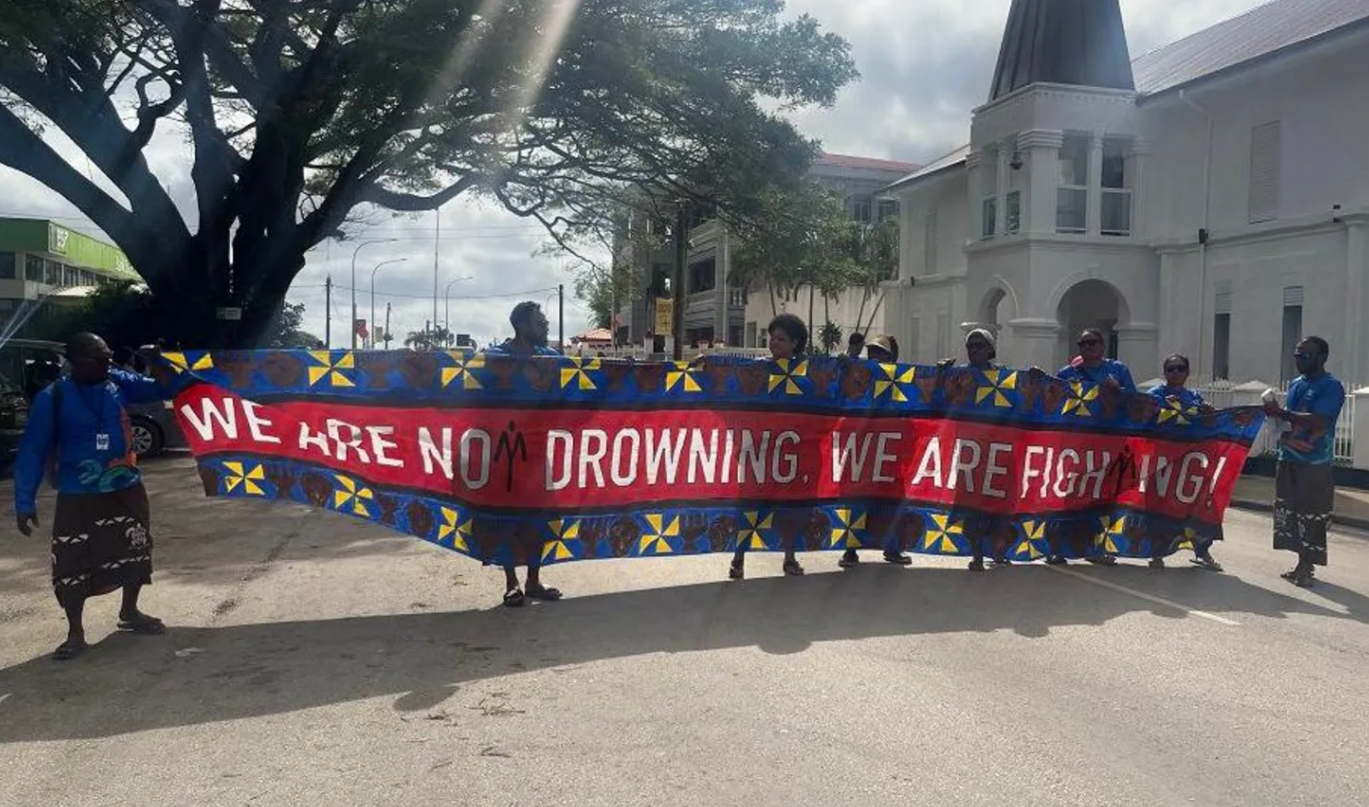Tonga’s tranquil capital, Nuku’alofa, buzzed last week as it hosted the annual Pacific Islands Forum (PIF) meeting, drawing leaders from across the Pacific and beyond. The city’s usually quiet streets were intermittently filled with the wail of police sirens as motorcades carrying high-profile delegates sped by. The flags on these vehicles—representing China, Taiwan, the United Nations, and the Union Jack—marked their status as dialogue partners or observers, underscoring the global interest in the region.
Despite their significant security details, which dwarfed those of most PIF members save for New Zealand and Australia, these foreign delegations appeared to overshadow the local context. Tonga’s Royal Palace, in contrast, remained understated with only a single guard posted.
Diplomats described the meeting as “fascinating,” yet there were concerns that the intense global interest might not align with the priorities of PIF leaders or their constituents. While the PIF includes 18 members, primarily Pacific Island nations along with Australia and New Zealand, the presence of external powers like China highlights the shifting geopolitical landscape. The rising influence of China in the Pacific has introduced a new dynamic, challenging the traditional roles of Australia and the US and causing friction among the island nations.


